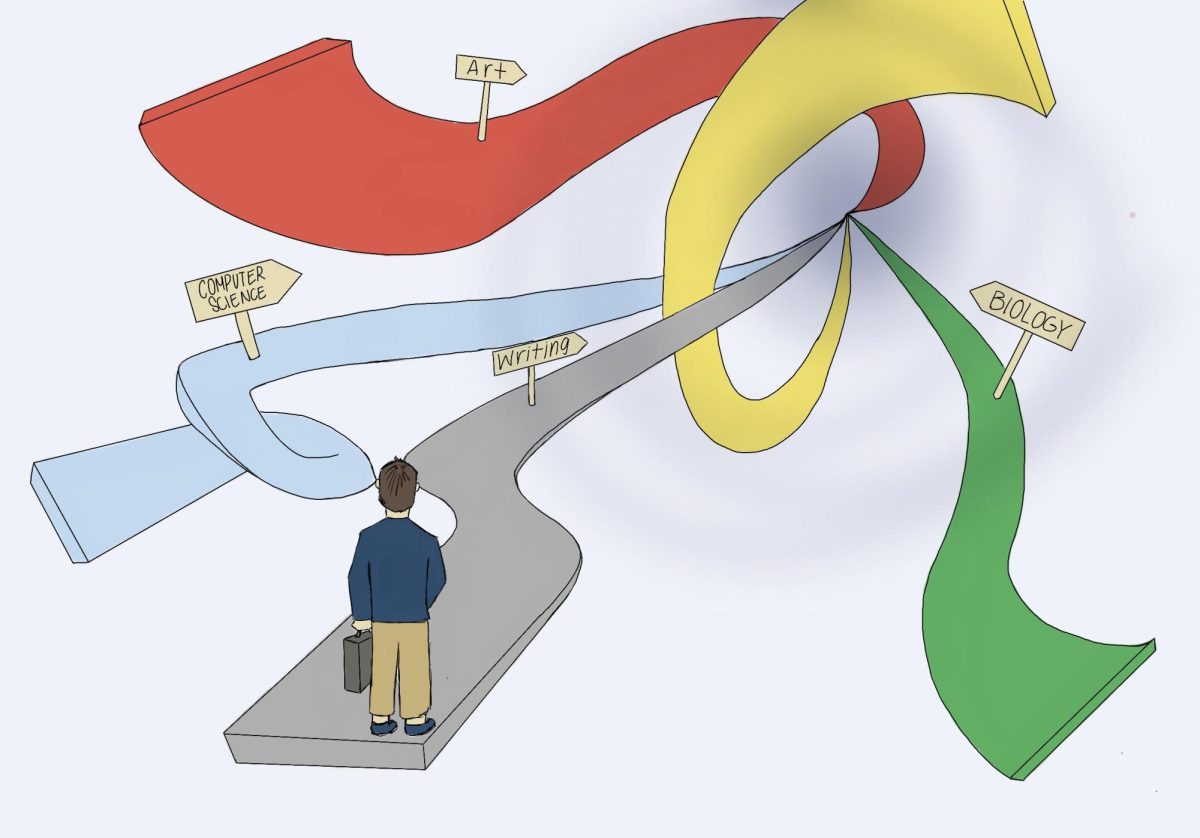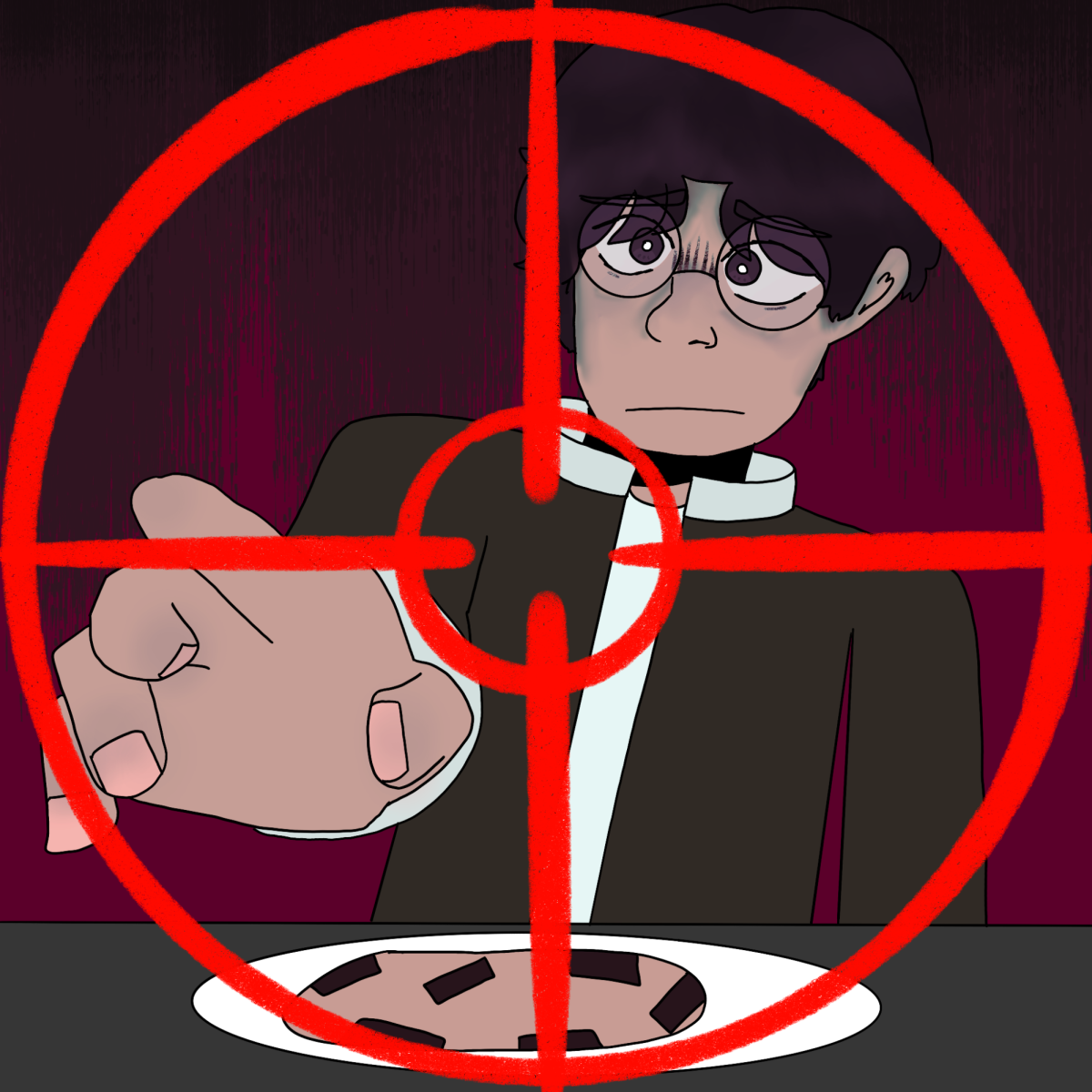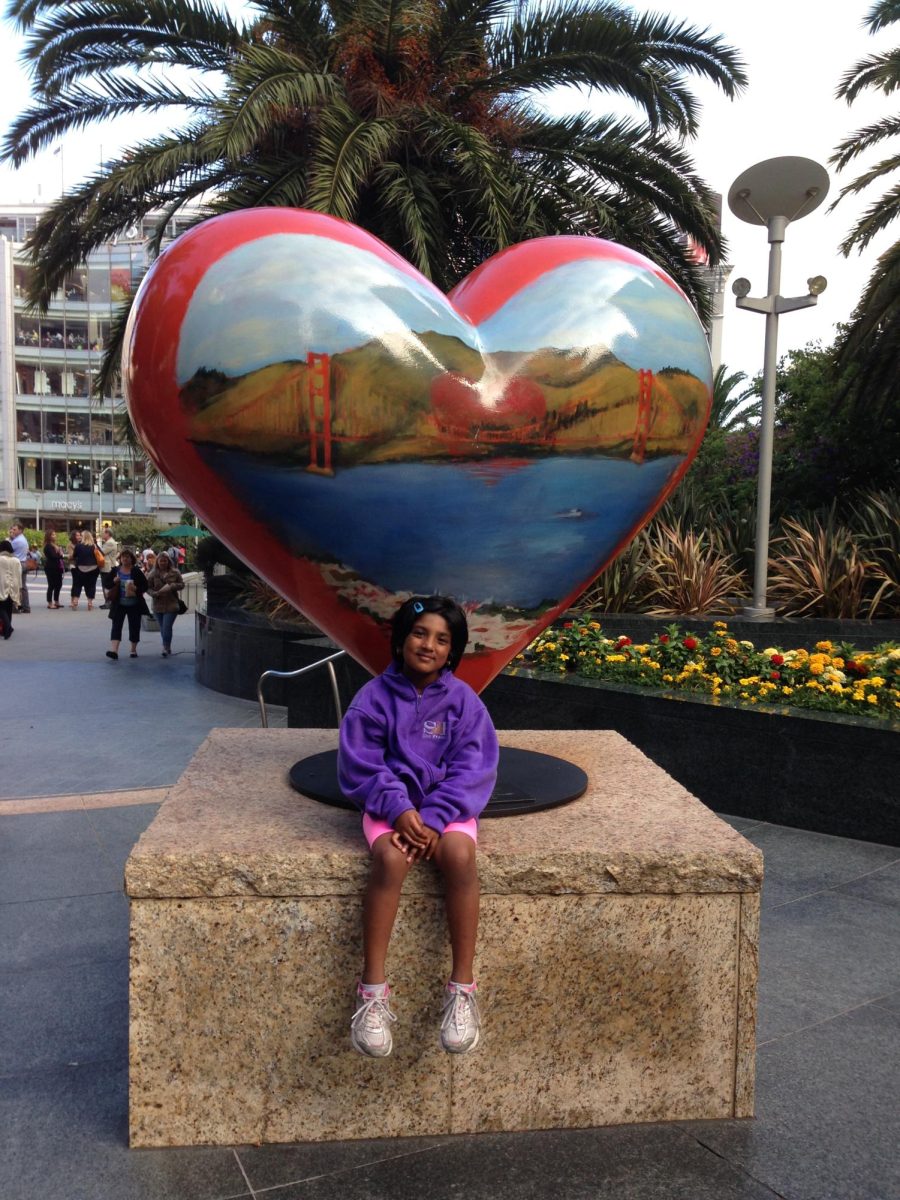On Sept. 10, 2025, Charlie Kirk – a 31-year-old American political activist and high-profile conservative commentator – was fatally shot in the neck from a distance during one of his livestreamed “Prove Me Wrong” debates, located this time at Utah Valley University. News of his death was confirmed on social media by President Donald Trump at around 2:40 p.m. MDT (1:40 p.m. PDT).
In the hours following the terrifying incident, reactions to this act of political violence poured in from across the political spectrum. Although the shooter had not yet been identified, several Republican figures quickly blamed the so-called “radical left,” with Trump claiming that Kirk’s assassination was the result of Democratic comparisons likening the commentator to “Nazis and the world’s worst mass murderers and criminals.”
Other Republicans joined in: Rep. Derrick Van Orden, R-Wis., tweeted that “the left and their policies are leading America into a civil war.” Rep. Nancy Mace, R-S.C., agreed, tweeting that “the Left owns what happened” to Kirk.
By contrast, prominent Democrats like former President Barack Obama, former President Joe Biden, former Vice President Kamala Harris, Sen. Bernie Sanders, California governor Gavin Newsom and more shared their condolences on social media and posted messages condemning political violence in the United States. However, their messaging quickly grew argumentative as well, leaving the actual crime as a footnote.
Kirk’s death quickly became a vehicle through which political figures could advance their own agendas. By purposefully spewing divisive rhetoric in the wake of a horrifying act of political violence, many political figures wished to turn the public’s attention away from the actual violence itself and towards their personal ideological crusades – going so far as to baselessly pin the blame on minorities and the LGBTQ+ community.
By stating in a news conference that he prayed it was someone from “another country” who shot Kirk, the Republican Utah governor Spencer Cox, regardless of his intentions, fueled the narrative even further that this type of violence could be a result of immigration. This is the kind of scapegoating messaging that would further increase violence against people believed to be undocumented, on top of the recent surge in U.S. Immigration and Customs Enforcement (ICE) raids that have targeted undocumented individuals across the country. Rep. Mace alternatively shifted blame towards transgender individuals, tweeting “you’ll be murdered by a pro-tr***y person if you speak out against them,” implying that transgender Americans assassinated Kirk for criticizing them.
Politicians set a troubling precedent when their immediate response to political violence is to push the blame onto marginalized groups. As popular figures play into the same anti-immigrant, anti-trans and polarizing rhetoric that has been circulating regarding mass shootings and political violence in the past, they shift the attention further from the blatant root cause of Kirk’s assassination: gun violence.
Two days after Kirk’s death, Tyler Robinson, a 22-year-old Utah resident who, according to news outlets, was neither an immigrant nor transgender, was identified as the primary suspect. Consequently, political figures lost much of their grounds to keep on shifting the blame onto minorities. Although Robinson is not affiliated with a certain political party, according to Utah state records, his parents are registered Republicans.
Even so, just this Monday, on Charlie Kirk’s podcast (guest-hosted by Vice President J.D. Vance), Trump and his top advisors escalated their aggressive rhetoric, vowing to crack down on the radical left. Trump outlined his desire to designate a range of groups, including the loosely affiliated far-left group known as “Antifa,” as domestic terrorists and bring racketeering cases against people funding protests. By exploiting Kirk’s death to push sweeping, unsubstantiated claims against their political opponents, they turned his horrible killing into a pretext for targeting peaceful political dissent.
As public leaders went back and forth, skirting around any true attempt at progress, Gen Z was struggling with its own divide, preventing us from speaking out against the elected officials who drew us further from change.
Many took to social media to voice their opinions about Kirk’s assassination. These thoughts ranged from people speaking out against those celebrating Kirk’s death, saying that he was a human with loved ones deserving of empathy, to people stating that he shouldn’t be mourned due to his stances against gun control and on other issues.
One of the main reasons for the outpouring of empathy for Kirk was that people who had witnessed others criticizing his beliefs felt compelled to respond with public proclamations of mourning. Those who took to social media in support of Kirk’s legacy, it could be argued, were merely responding to the reactions celebrating his assassination. Even people who reposted about the school shooting at a Denver, CO high school, where two children were injured, did so alongside their reposts about the assassination.
It’s sickening to think about, but the Denver school shooting would not have gotten this level of attention if it hadn’t occurred the same day as Kirk’s assassination. In the same vein, children who were shot while praying in a Minnesota church were treated as nothing except political pawns, the same way the news cycle has moved on from Iryna Zarutska, a Ukrainian refugee who was stabbed to death on the subway, or Chandra Nagamallaiah, an Indian-American man who was decapitated in front of his family in Dallas, TX, except in discussions of illegal immigration.
If we only acknowledge the violence occurring in our nation when people are reveling in it, then should we start celebrating school shootings?
Kirk’s death was an opportunity for this nation to unite against any form of gun violence. But, as our leaders have made it painfully clear through their vitriolic proclamations, Kirk’s assassination will not be the event that sparks gun reform in our nation. However, it must be a turning point for Americans. We must no longer merely react to the devastation that is playing out across our nation.
For far too long, we have grown desensitized to the staggering loss of life caused by gun violence, remaining silent when our voices were most needed. Across the world, countless other injustices persist, among them the ongoing U.N.-commission-declared genocide in Gaza. We have a moral responsibility to speak out against such suffering as well, rather than dwelling in a bubble of selective empathy and lies, and that starts with challenging the pervasive gun violence in our own nation.
Meaningful change will not occur unless we choose to act. It may seem like we, as citizens, have no power. But, according to Harvard political scientist Erica Chenoweth’s “3.5% rule”, it only takes a tiny fraction of a community in protest to spark political change.
This past June, the “No Kings” protests on Trump’s birthday showed how powerful collective action can be, when nearly 2% of our nation’s population took to the streets. If so many people could unite for that cause, then coming together to confront political violence, especially the kind fueled by the widespread presence of guns, is not an unattainable goal.
As much as we’d like them to, thoughts and prayers won’t lead to measurable action. As high schoolers and as Americans, we must make our voices heard. For those who are old enough to vote, during the midterms, take the time to read the candidates’ policies and educate yourself. And for those who can’t yet vote, you can still advocate for policies that create meaningful change and speak to a future beyond senseless violence.
Enough shots have been fired. We need to raise our voices to finally break the vicious cycle of deaths feeding political algorithms.








